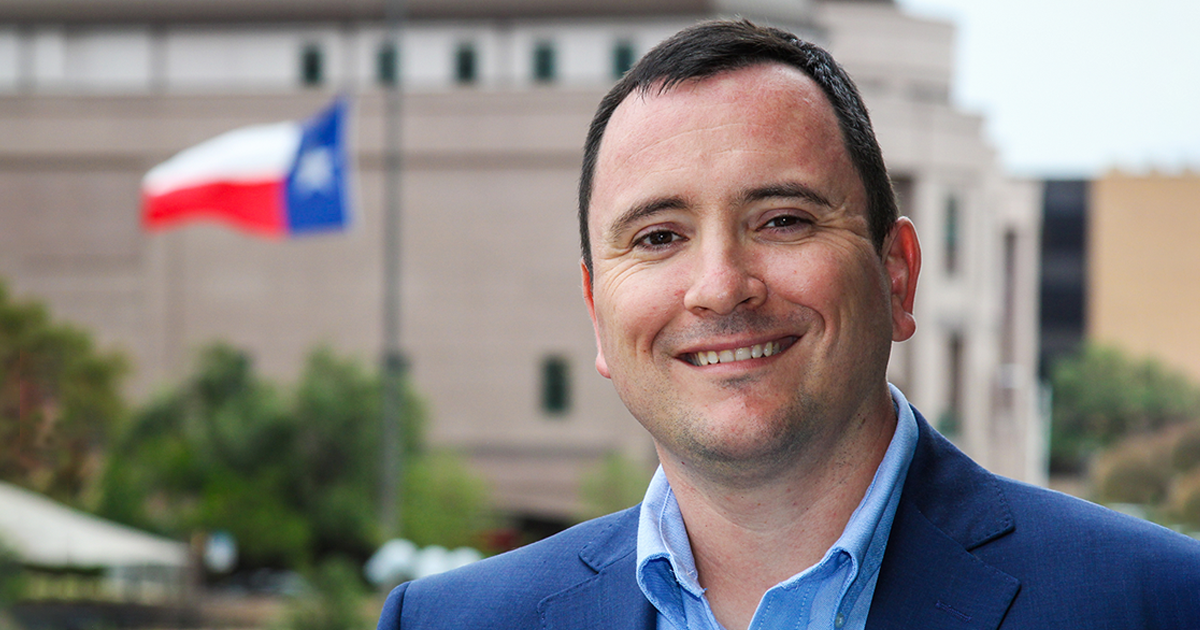Q&A: Off-the-job social media posts can be illegal harassment – Technologist
Question: One of our employees reported that a coworker is engaging in sexual harassment by posting offensive content on Instagram. The accused employee has over 100 followers who work for us. Do we need to monitor everything our employees say and “like” online? Shouldn’t she just unfollow him? How do we handle this?
Answer: Ordinarily an employer isn’t responsible for monitoring what employees say or do online, but now that you’re aware of the conduct, you have a duty to investigate and take appropriate corrective action. Generally, what an employee does with their personal time is none of the company’s business. However, certain conduct becomes work-related when it affects coworkers, the company, or the work environment. All workers, including supervisors, are subject to your anti-harassment policy, even when they are off duty, offsite, and online. The general rule is that an employer can be held liable for harassment by coworkers and managers if it knew or should have known about harassment and failed to take action to stop it.
Ninth Circuit Rules Online Harassment Can Create Hostile Work Environment, Holds Employers Accountable
Recently, the U.S. Ninth Circuit Court of Appeals ruled that an employee’s offensive online conduct can create a hostile or abusive work environment and constitute unlawful discrimination under Title VII of the Civil Rights Act. The facts are pretty bad. A female employee brought a complaint to management about sexual harassment occurring online by a supervisor of another department. The supervisor’s posts included sexist, racist, anti-Semitic, homophobic, and transphobic memes. Some of the posts targeted the employee personally. When she complained, management told her that the posts were “funny” and “not a problem.” The safety manager said she should toughen up and “get a sense of humor.” Two months passed before management told the supervisor to stop violating the anti-harassment policy, but he ignored the warning and instead escalated his attacks on the coworker who reported him. After three months, the targeted employee transferred to another facility and brought a hostile work environment claim. The court acknowledged that social media can be used as a tool for workplace harassment and reaffirmed that employers have a duty to protect their employees from harassment, intimidation, and retaliation inside and outside of the physical workplace. The court further confirmed that an employee or group of employees doesn’t have to be specifically targeted to bring a harassment claim; the court will look at the totality of the circumstances in evaluating whether a hostile work environment exists (Okonowsky v. Garland, 9th Cir, June 2024).
This case serves as a stark reminder that employers should take every harassment complaint seriously and promptly conduct an impartial investigation. If the facts establish a violation of your anti-harassment policy, you must take immediate and effective action to make the behavior stop. As always, consult with your Vigilant Law Group employment attorney if you need specific guidance. For more information, see our Legal Guide, Harassment in the Workplace: Avoiding Liability, and our Model Policies, Policy Against Harassment and Social Media Policy.


